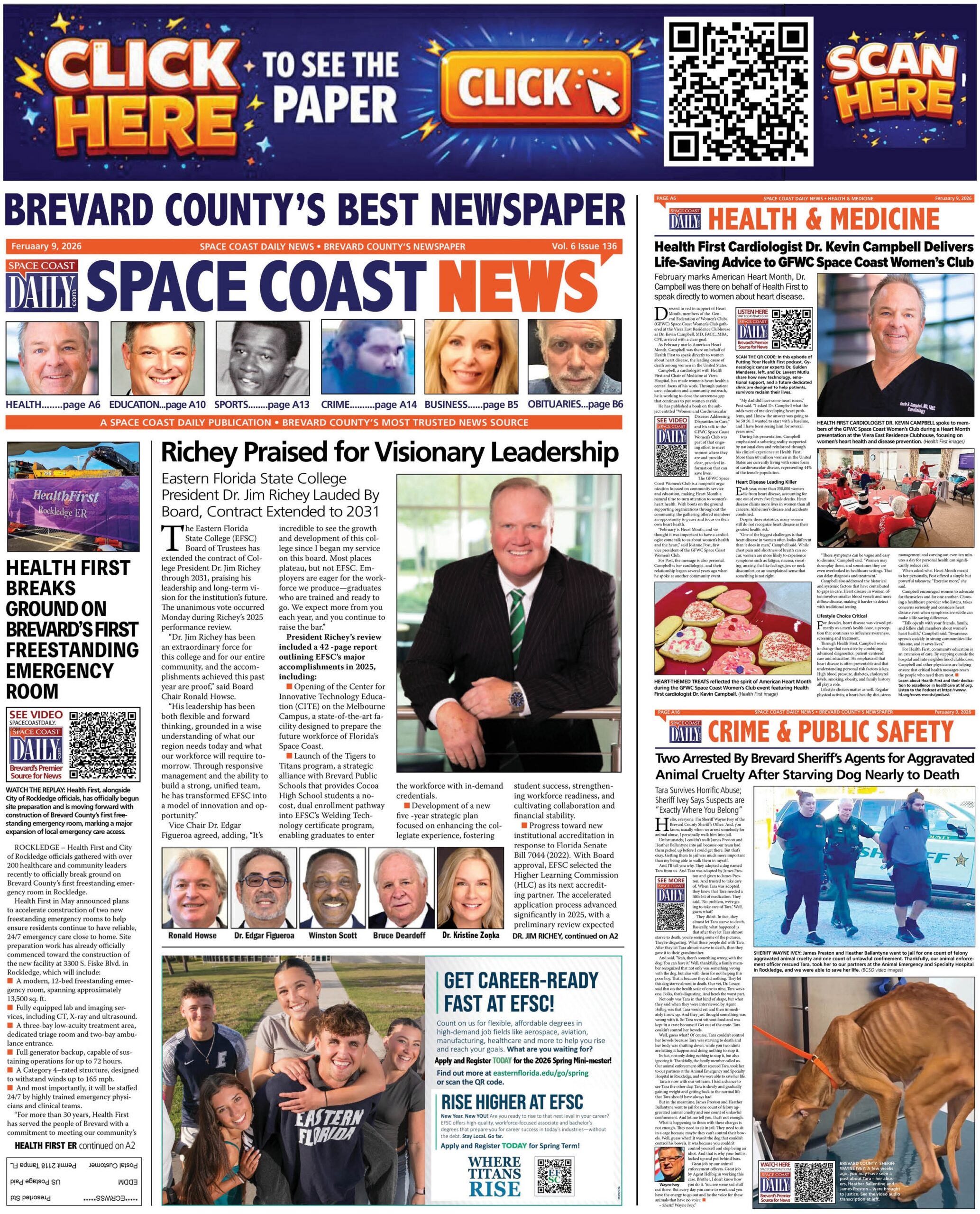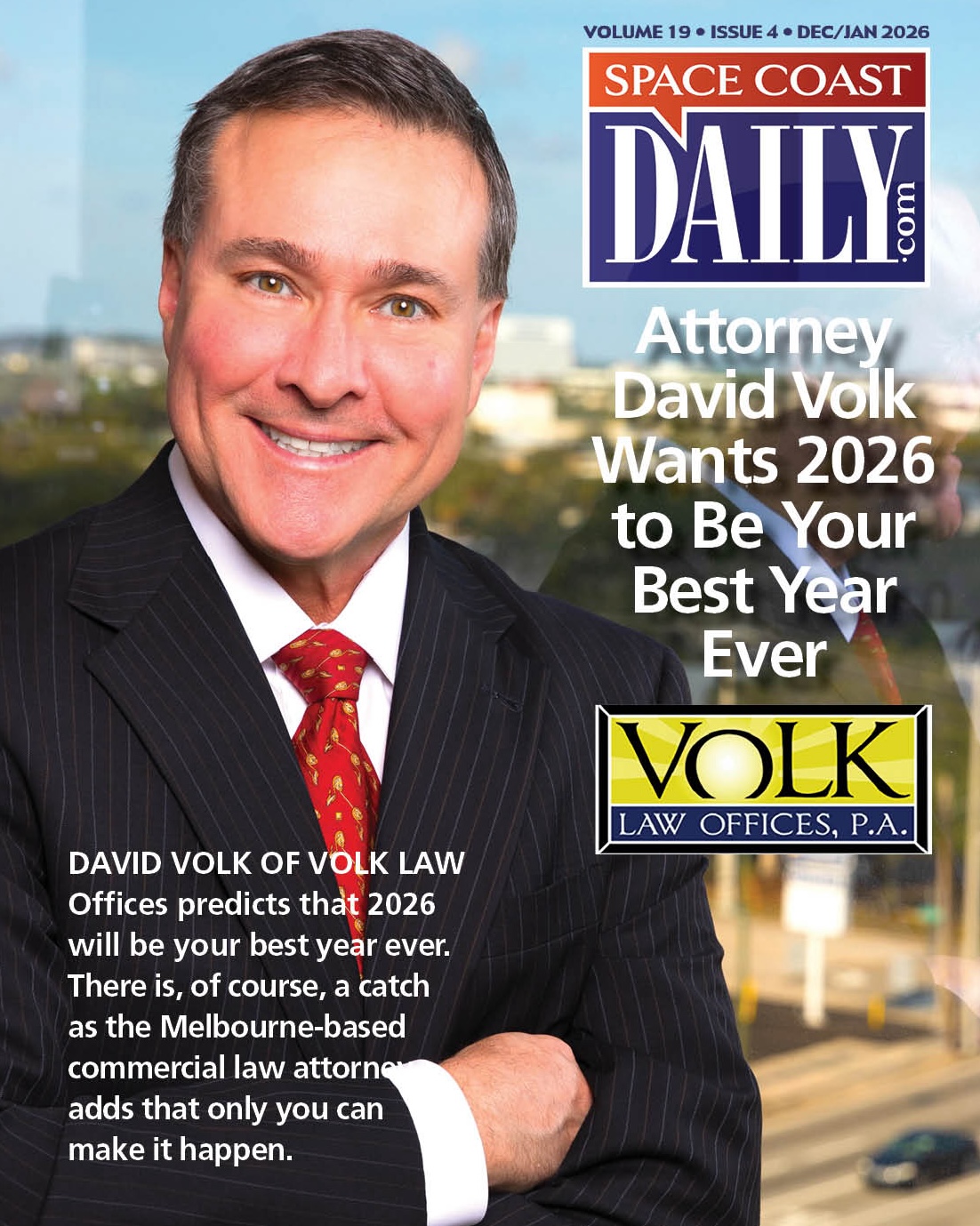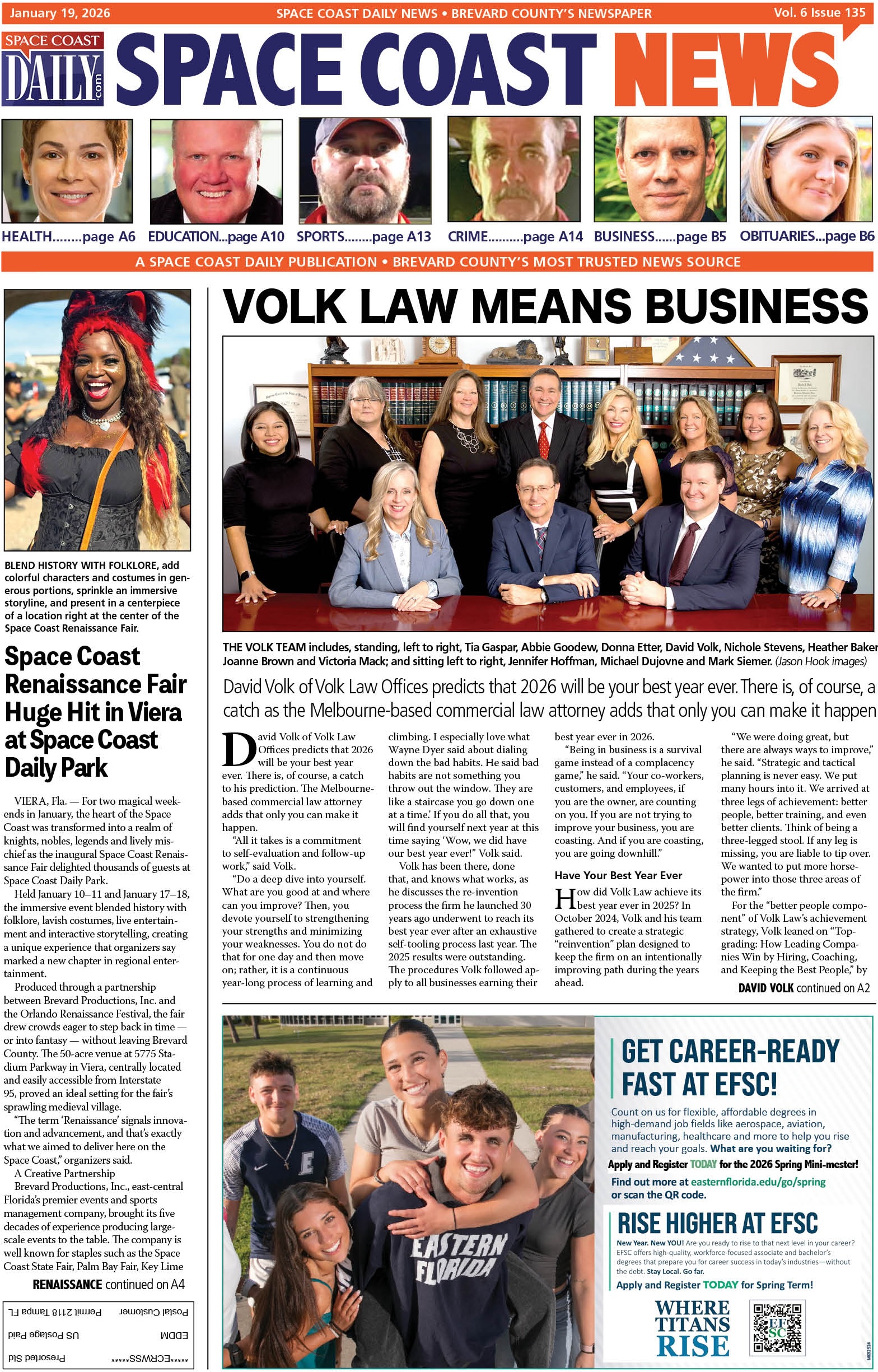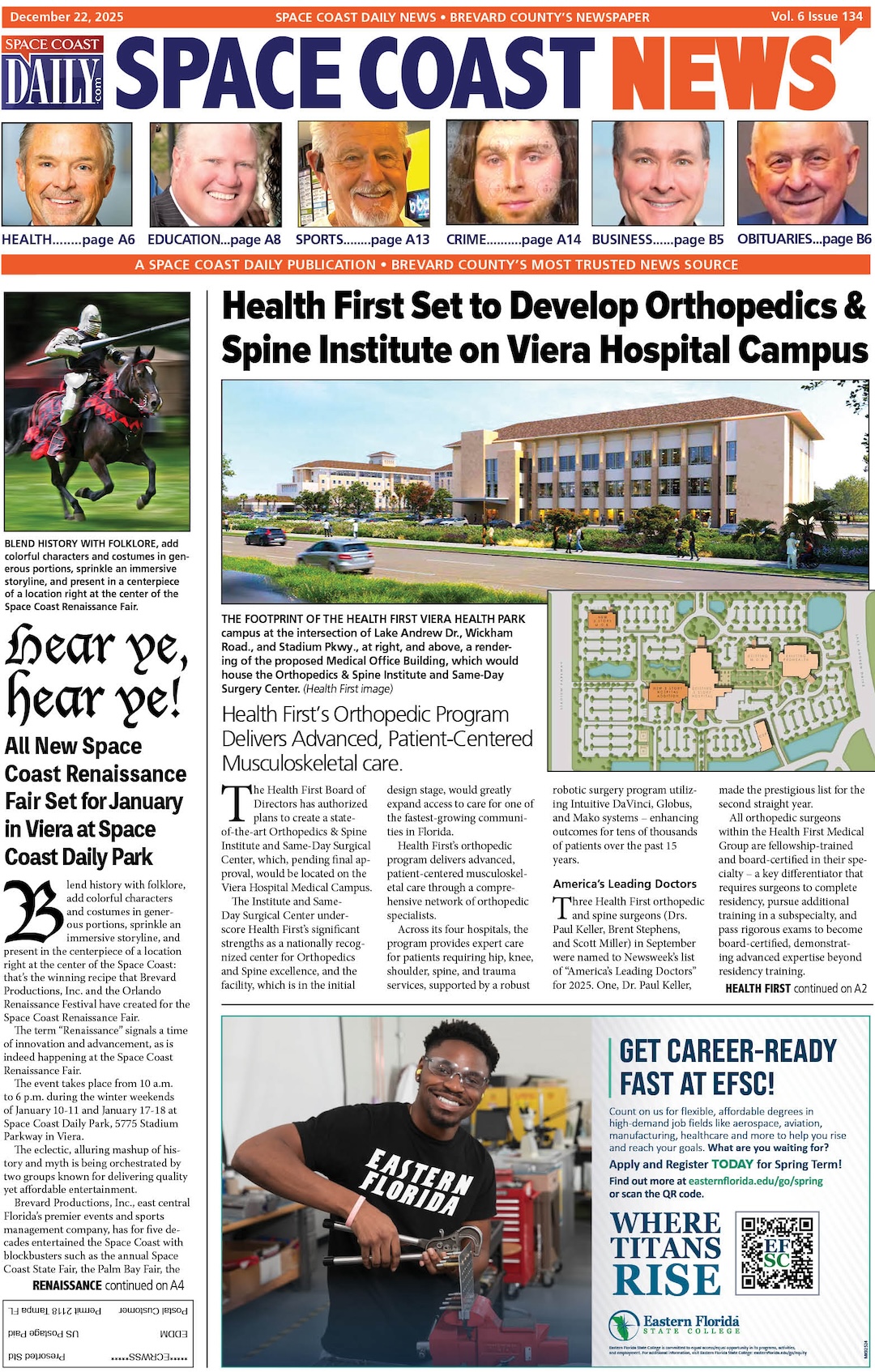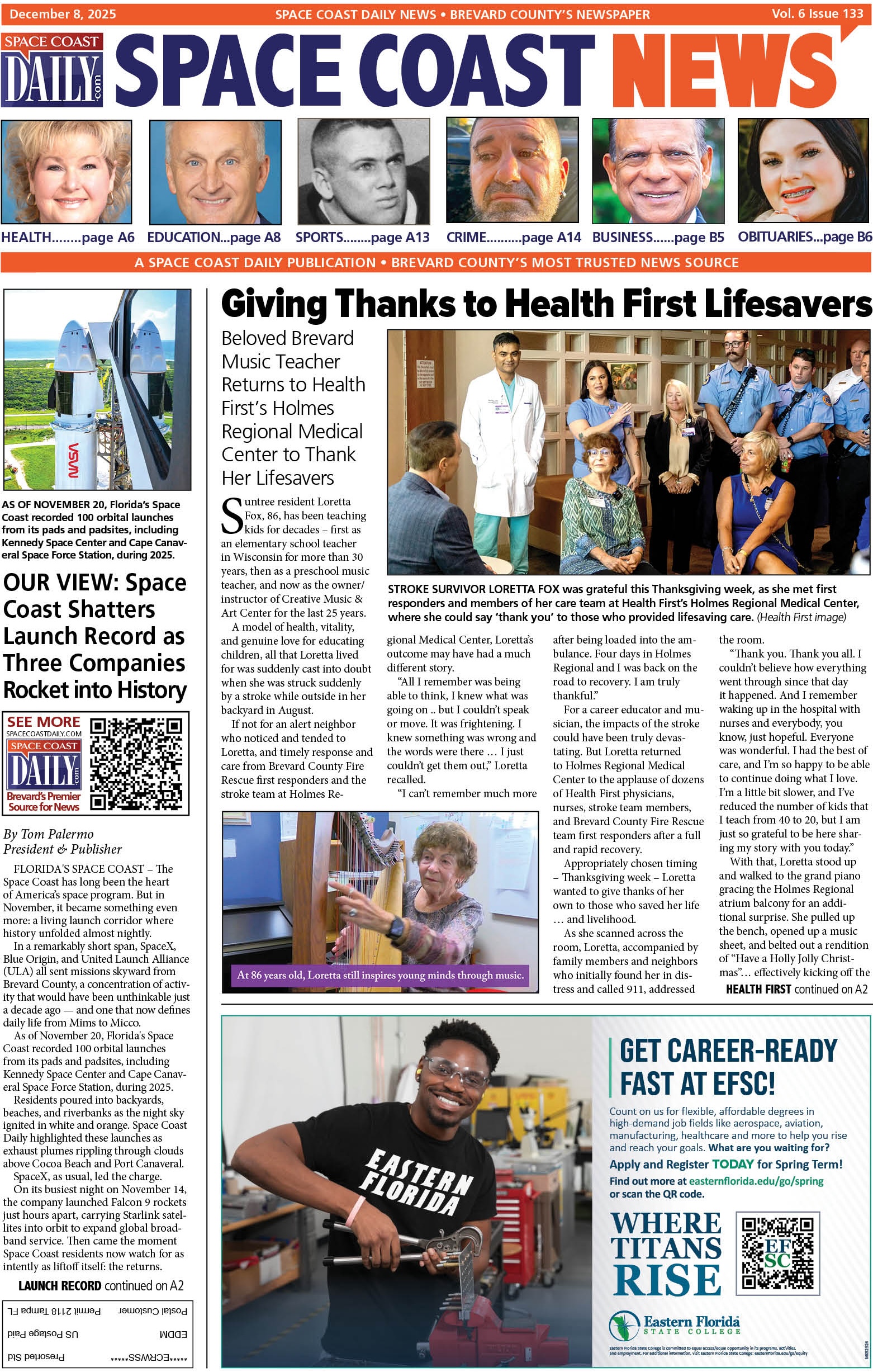Human Behavior and Awareness in Motorcycle Accidents
By Space Coast Daily // January 14, 2025

Motorcycle accidents are often attributed to external factors. The impact of human consciousness and behavior, however, cannot be overstated.
This article explores how road safety can be improved by cultivating a culture of mindfulness and how rider and other road user mental states, distractions, and education all play a role in motorcycle accidents.
Fostering a culture of mindfulness can help address these behavioral challenges, however, it’s equally important to support motorcyclists with strong legal advocacy when accidents occur due to negligence beyond their control.
A Verified Advocate for New Jersey Motorcyclists
Davis, Saperstein & Salomon P,C. Explains that motorcyclists are innocent when it comes to incidents that happen due to negligence. New Jersey motorbike accident lawyers assure that they would fight for all the wronged riders. The lawyers within their firm have actively provided winning cases. Along with this winning history, their forte is in practically every detail of the legal process, including gathering needed evidence, establishing blame, and obtaining justice for their clients.
Distracted Driving
Distracted driving highly leads to automobile accidents, more so for motorcyclists because of their relatively small size and absence of body shields. A lapse of a few seconds, such as texting or eating while driving, can be lethal. Addressing distractions while driving requires the enforcement of stricter traffic and driving laws, public awareness campaigns, and providing solutions like hands-free devices to reduce potential problems
Rider Behavior
Risk-taking behavior leads to accidents. Speeding, overtaking, and ignoring road signs and other traffic rules put the life of the rider and other road users at risk. Riders with less experience are especially prone to miscalculating circumstances leading to serious accidents.
The significance of education and advocacy for safer riding practices cannot be understated. Courses designed for riders offer training on acquiring better control of the vehicle. Moreover, raising an awareness of responsibility discourages risk-taking while riding.
Emotional State and Fatigue
Motorcycle accidents can occur because of fatigue and emotional distress. Stress or long rides without sufficient rest can affect concentration, reflexes, and decisions, resulting in a greater likelihood of accidents. The best way to mitigate these risks is for riders to prioritize rest, remain emotionally aware, practice mindfulness techniques, and take breaks during extended rides.
Awareness for Motorcyclist Welfare
Since motorcycles are smaller and have less visibility than cars, they get ignored by drivers, which can result in accidents from blind spots or incorrect speed estimation. It’s critical to spread knowledge about sharing the road with motorcycle riders. Accidents can be decreased with the use of driver education initiatives, public awareness campaigns, and required motorcycle awareness training. Early signaling and double-checking blind zones are two easy ways to drastically lower the number of accidents.
Fostering a Culture of Safe Riding
Mindful driving is key to reducing motorcycle accidents, so it is important to create an environment where there is awareness, empathy, and responsibility among road users. These can be reinforced by community workshops, support groups, and advocacy. Devices and apps can help foster a culture of responsibility. Both motorcyclists and drivers can do a great deal towards making it a more peaceful and safer road by being mindful.
Joint Effort Towards Safer Roads
Road safety and riding motorbikes go hand in hand, and to achieve this, one needs to control distractions, encourage responsible riding, and create awareness. A safer environment can also be created through education, compassion, and mindfulness.
Davis, Saperstein & Salomon, P.C. are dedicated to protecting the rights of injured motorcyclists in New Jersey, holding negligent parties accountable for justice and compensation.

